COURSES
Football
Other Sports
BTEC Level 3 Extended Diploma in Sport
About the course
Year One
Year Two
BSc Honours Degree in Sports Coaching
About the course
BSc Honours Degree in Sports Coaching (Third Year)
Higher National Certificate in Sport and Exercise Science
Higher National Diploma in Sport and Exercise Science
ProStars Link

Where opportunitymeets potential
Year One
During the first year, students will study 6 different units. More information about these units can be found below:
CAREERS IN THE SPORT AND ACTIVE LESUIRE INDUSTRY: The sport and active leisure industry is constantly changing and growing, and it offers many different opportunities for employment. To have a successful career in the industry, it is important that you understand the behaviours, values, skills and techniques needed. In this unit, you will gain an understanding of how the sport and active leisure industry in the UK is organised. You will research the different careers in the public, private and voluntary sectors of the industry and look at the qualifications, skills and experiences required to pursue these careers. You will undertake an application and interview process for a selected career pathway, drawing on your knowledge and skills from across the qualification to identify your own strengths and gaps. You will evaluate your performance so as to understand the generic employability and specific technical knowledge and skills required to access a selected career pathway in the sport and active leisure industry and to progress within it. This unit will give you the skills and knowledge you need to apply for a career in the sport and active leisure industry. You can choose to progress to employment immediately after completing your qualification or, after you have completed further study, by developing your understanding, skills and qualities that are required to pursue employment in the sports industry.
HEALTH, WELLBEING AND SPORT: Health and wellbeing is a growing area of importance in the UK sport and active leisure industry. Recently there has been more consideration given to the impact that physical and mental health has on day-to-day living, as well as on sport. Increasing numbers of individuals recognise the limitations that poor mental and physical health can have on their wellness. In this unit, you will look at the important elements of health and wellbeing, and how they influence sport and active leisure. You will learn about national benchmarks and indicators of good health. You will understand why the government and the national governing bodies of sport are prioritising the area of health and wellbeing of the sport and active leisure industry. You will investigate how factors affecting health and wellbeing impact on physical activity and sport’s participants. You will apply your knowledge and skills to assess your own health status and that of a chosen individual. Using the data you collect, you will identify strategies to improve the health and wellbeing of both of you. This unit will help you to progress to employment in the sport and active leisure industry. It will also help you to progress to further study in higher education or to professional qualifications in health, wellbeing and sport.
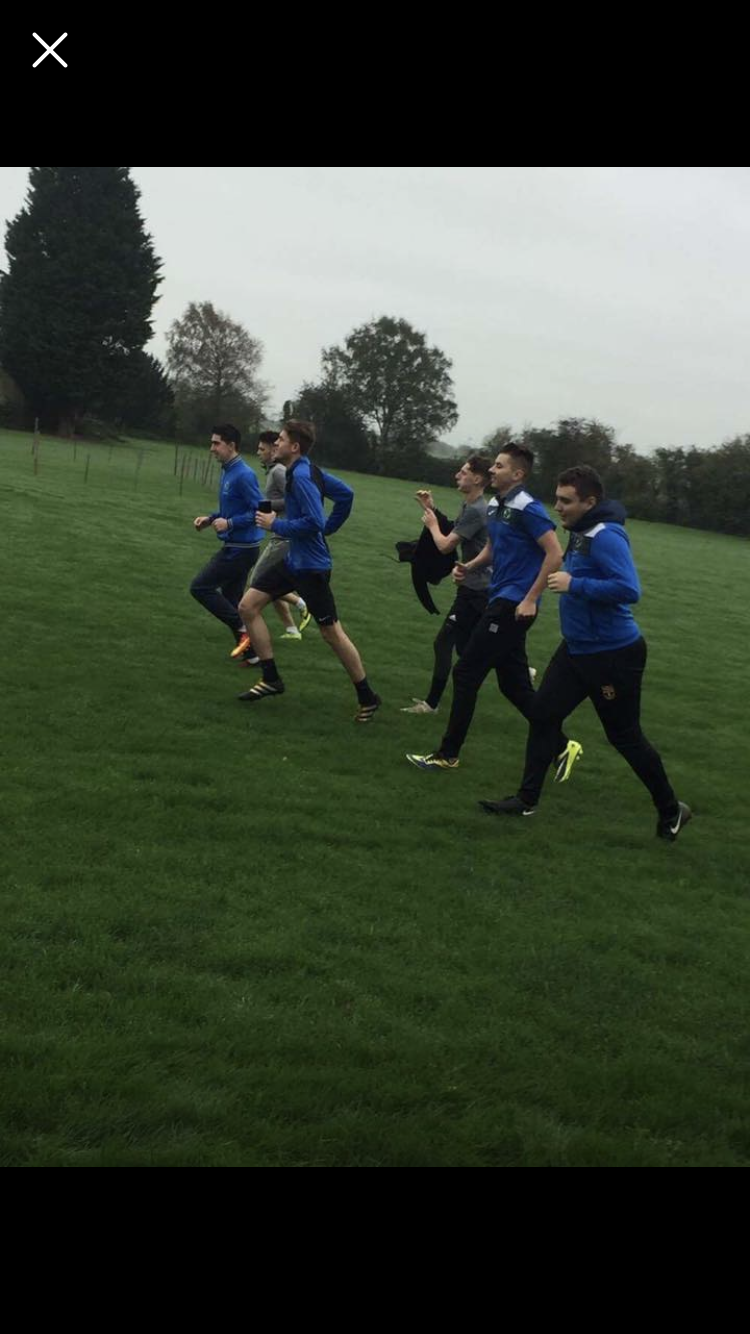
DEVELOPING COACHING SKILLS: An assistant coach plays an essential part in improving the performance of athletes, sports and activity leisure performers, and participants. Sports coaches have many different aspects to consider in the coaching environment and for the wider team. The development of knowledge and practical skills is vastly different across coaching disciplines and the assistant coach helps to ensure that it is possible to achieve the highest standard of coaching overall. In this unit, you will develop an understanding of coaching requirements and put assistant coaching skills into practice. You will explore the skills, roles and responsibilities of an assistant coach and how industry legislation and guidelines relate to assistant coaching practice. You will then explore different methods to improve skills, techniques and tactics to improve performance. You will plan and prepare a coaching session, which you will deliver under the supervision of a qualified coach. You will reflect and evaluate the effectiveness of your delivery, to produce a development plan for future practice. You will then use this development plan to prepare, plan and deliver a series of coaching sessions under the supervision of a qualified coach. This unit will help you to progress to employment in the coaching and education sectors. The unit will also help you to progress to further study in higher education and to professional qualifications in sports coaching, physical education and sports management.
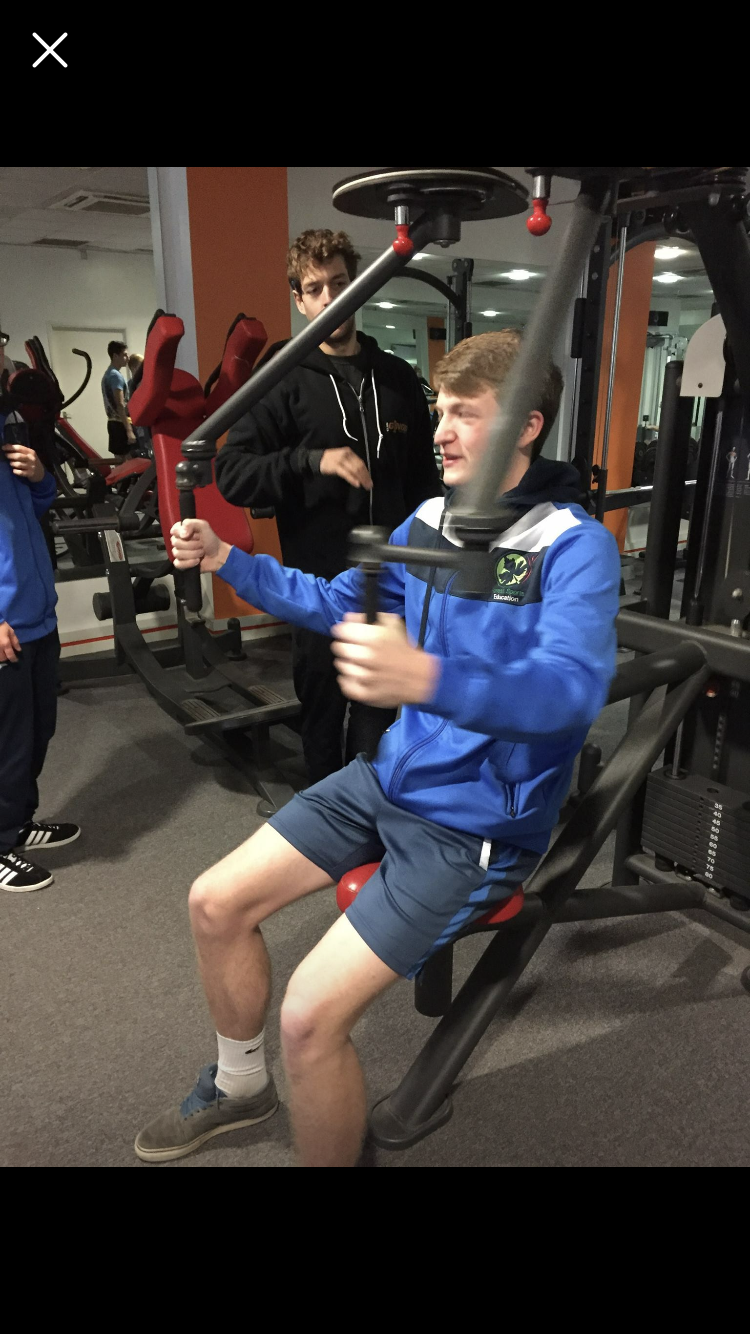
SPORTS DEVELOPMENT: Sport development has evolved and is an important part of today’s sports industry. The effectiveness of sport development has a direct impact on many current issues in sport, including the performance of athletes at major events, healthy living and developing key life skills. Sport development is about positive change. In this unit, you will look at sport development and the diverse work of sport development officers. You will explore the key concepts in sport development, including the sport development continuum, target groups and barriers to participation. You will also explore the cross-cutting agendas in which sport development plays a significant role. Participation in sport and exercise is at the core of the work of any sport development officer. You need to understand what may prevent people from participating in sport, whether it is cultural, financial or for another reason. You will identify the needs of key central and local target groups and what can be done to allow these groups more access to sport and exercise. You will also study sport development in practice, including within local authorities, sport national governing bodies, voluntary clubs and other organisations. Sport development is largely about project management. These projects are seldom delivered in isolation, and you need to develop an understanding not just of other stakeholders or funding sources but also the protocol for designing and delivering a multi-agency project. You will be expected to investigate different organisations involved in sport development. These organisations can help with funding, sponsorship or even assist in supplying volunteers for events and research. This unit will help you to progress to employment in sport development, health and education. The unit will also help you to progress to further study in higher education or professional qualifications in sport development, coaching and health promotion.
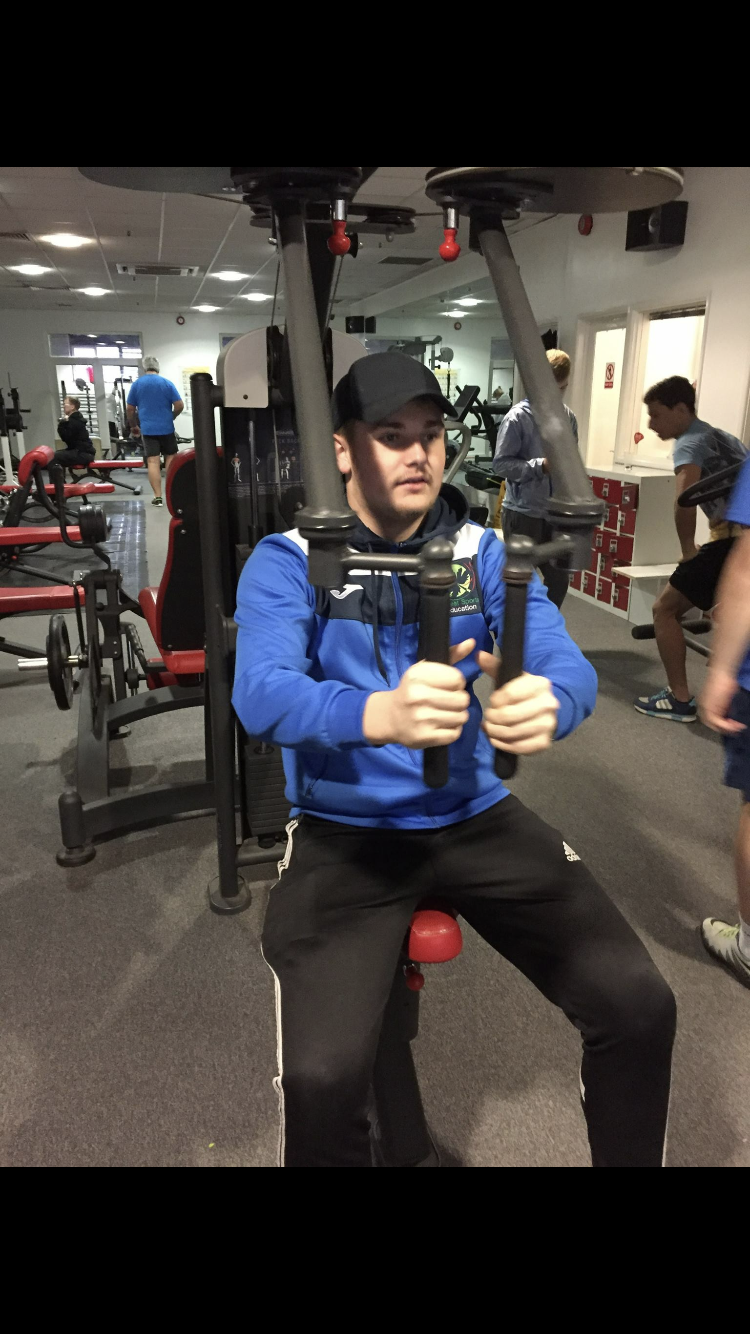
SELF EMPLOYMENT IN SPORT AND PHYSICAL ACTIVITY: Self-employment in the sports industry is very common, whether it is directly in the sports industry in a role such as personal trainer, instructor or coach, or in the supporting industries in a role such as nutritionist or physiotherapist. There are a huge range of opportunities with rewarding challenges, such as working with clients on a part-time basis as part of a portfolio of jobs or in a full-time position. In this unit, you will investigate types of self-employment and the personal skills and behaviours required for self-employment. You will also consider client and customer needs and opportunities within the sports industry. You will then use this knowledge to define a self-employment strategy and business plan. You will then develop the skills to present and review your self-employment strategy. This unit will help you to progress to self-employment or employment in the sports, activities and fitness industry. The unit will also help you to progress to further study in higher education or to professional qualifications in the sports, fitness and outdoor activities industry.
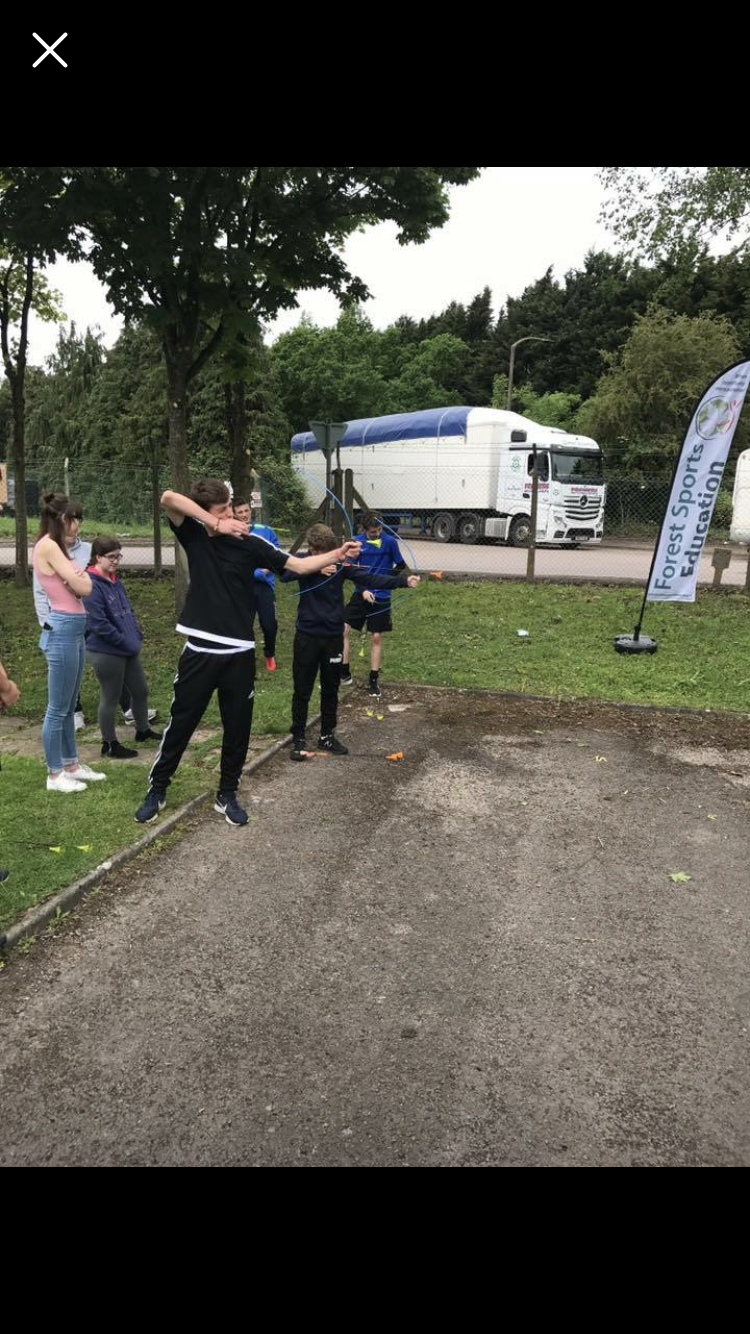
ANATOMY AND PHYSIOLOGY IN SPORT: The human body is made up of many different systems that work together and allow us to take part in a variety of sport and exercise activities. You will have experienced the effects of exercise on your body – your heart beats faster and your breathing rate increases – but have you ever wondered what else is happening inside your body to allow you to perform physical activity and exercise? The body has a number of systems that work together to allow you to take part in exercise by increasing the oxygen and energy supply to your muscles. A sprinter will go from rest to all-out sprinting in a matter of seconds, whereas an endurance professional sports performer will continue exercising for many hours at a time. The skeletal and muscular systems work together to allow the body to perform a vast range of different movements. The cardiovascular and respiratory systems act as a delivery service, working together to supply oxygen and nutrients to the body, which is then used to produce energy for muscular contraction. In this unit, you will look at how these body systems respond to exercise in both the short and the long term. You will explore the musculoskeletal and cardiorespiratory systems and how they respond to exercise, and how the different energy systems interact to provide energy for the body during exercise. In order to appreciate how each of these systems function, you will study the structure of the skeletal, muscular, cardiovascular and respiratory systems. The human anatomy of these systems is very different but in terms of operation, each system is implicitly linked. You will explore the different bones of the skeleton and the different types of joints, the major muscles of the body, muscle movement, the different types of muscle and muscle fibre types. You will also look at the structure of the heart and blood vessels. You will take part in practical activities and conduct physiological tests to see how each of the body systems reacts. You will investigate the physiology of exercise participation, which will help you to explore how the musculoskeletal, cardiorespiratory and energy systems become more efficient in response to different types of exercise. This unit will help you to progress to employment as a personal trainer, football coach or fitness instructor. The unit will also help you to progress to further study in higher education or to professional qualifications in sport and sports and exercise science-related qualifications.
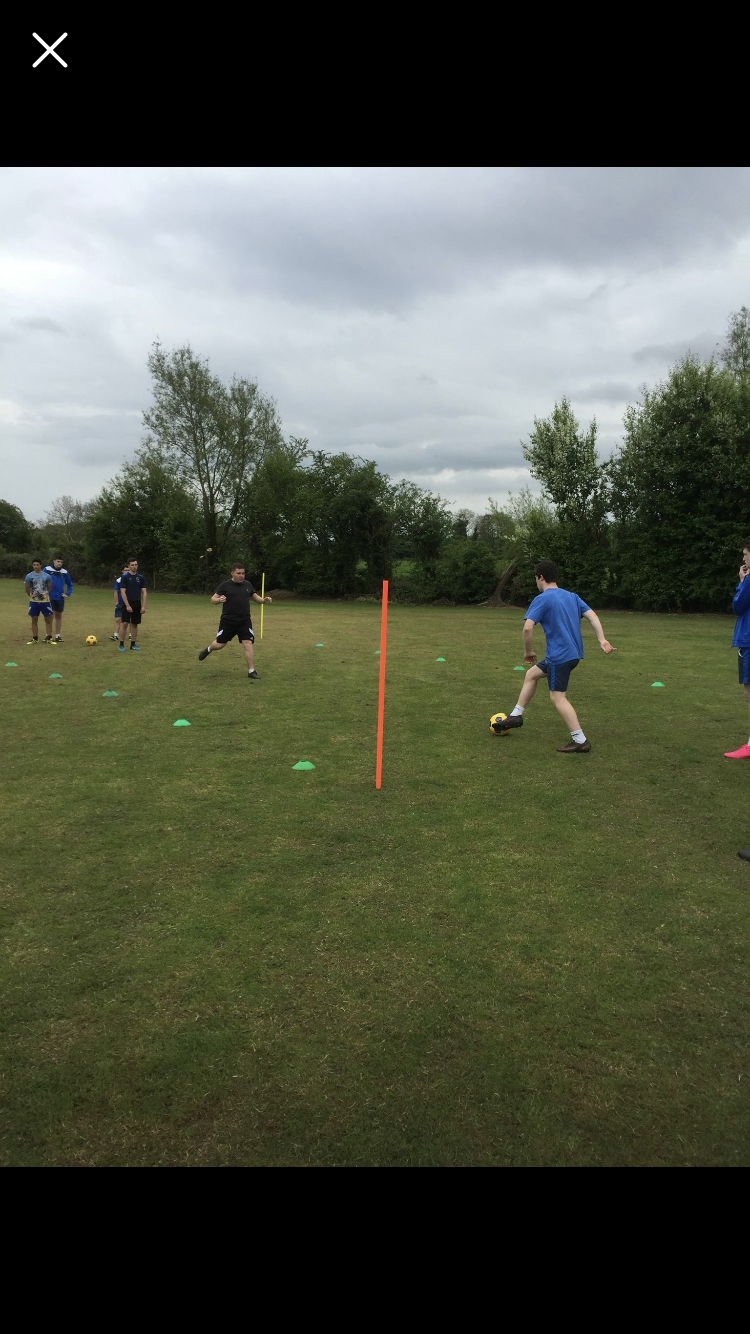
Reference: https://qualifications.pearson.com/content/dam/pdf/BTEC-Nationals/sports-coaching-and-development/2019/specification-and-sample-assessments/btec-nats-non-measures-sports-coaching-and-development-spec.pdf
- In this section:
- About The Course
- Year Two


